Musk Election Lottery Stunt Leads to Lawsuit
A group of voters is suing Elon Musk and his America PAC, claiming they were misled by a lottery-type sweepstakes promising a chance to win $1 million in exchange for supporting a petition. The lawsuit, filed by participants in multiple states, alleges that Musk and the political action committee engaged in deceptive practices, promoting the contest as a random lottery when, in fact, winners were selectively chosen.
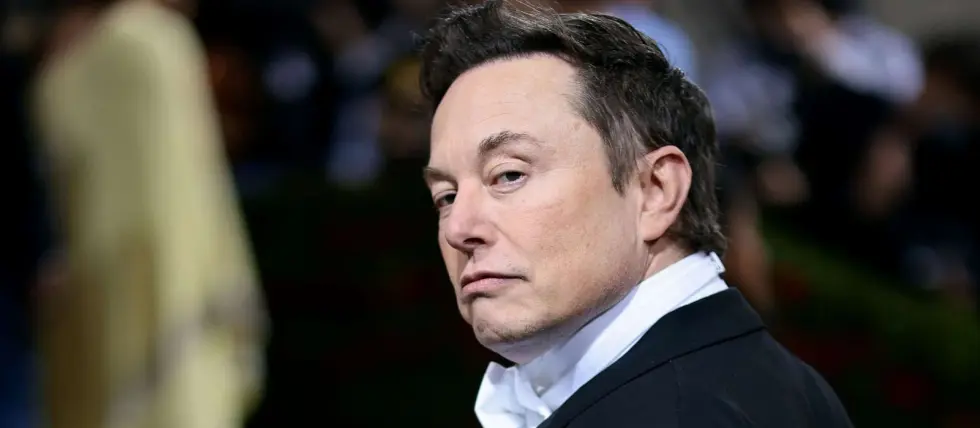
The legal actions emerged shortly after Musk faced a challenge from the Philadelphia District Attorney Larry Krasner, who sought to halt the sweepstakes in Pennsylvania. Plaintiffs assert that the giveaway, which was advertised as a daily event leading up to Election Day, violated participants' expectations and trust, ultimately leading them to submit personal information under false pretenses.
Related: Bettors Flock to Political Markets for US Presidential ElectionOne of the complaints was filed by Jacqueline McAferty, an Arizona resident who alleges she would not have signed the America PAC petition or shared her information had she known the selection process was not random. According to McAferty's filing, she was led to believe that winners were chosen at random and that she stood a chance of winning $1 million.
However, she later learned that the PAC handpicked winners who were Republican voters in swing states, often those with compelling personal stories who would serve as public spokespersons for the committee. In her Austin-based class action lawsuit, McAferty claims Musk and the PAC "defrauded" her and other entrants by misrepresenting the nature of the giveaway.
Another participant, Robert Anthony Alvarez of Michigan, also filed a lawsuit alleging he was deceived by the giveaway's marketing. A supporter of Democratic candidate Kamala Harris, Alvarez said he signed the America PAC's petition because he believed it to be a "nonpartisan" initiative supporting fundamental rights.
Alvarez claims he trusted the chance to win $1 million was open to all political affiliations. He also stated that a review of those who received the prize indicated a clear selection bias, as winners tended to be Republican or Trump-supporting individuals, undermining the promotion of the sweepstakes as a fair and nonpartisan opportunity.
McAferty's lawsuit seeks damages and a court order mandating that Musk and the America PAC erase her personal data. Her complaint underscores that she and others were led to believe that they had an equal chance of winning, a claim allegedly contradicted by the selective distribution of the prizes. McAferty's lawyer emphasized that Musk and his PAC had manipulated the trust of unsuspecting voters who acted in good faith by signing the petition.
More People News
 People
People
Texas Newspaper Founder Arrested for Allegedly Operating Illegal Gambling Venues
May 26, 2025Playing Games
The America PAC had promoted the daily $1 million prize on X, Musk's social media platform, presenting it as an opportunity for any registered voter to win by signing a petition supporting free speech and the right to bear arms. Participants were encouraged to sign and submit personal data, which they believed would give them a fair shot at the prize.
Krasner argued that the contest was an "unlawful lottery" that encouraged Philadelphia residents to provide personal identifying information and pledge political support under the impression they would have a fair chance of winning $1 million. A Pennsylvania judge, however, denied Krasner's request to stop the sweepstakes on November 5. Despite this outcome, additional lawsuits were filed soon after in federal courts in Texas and Michigan, further intensifying legal scrutiny on the giveaway's structure and selection process.
According to statements made in a recent Philadelphia court hearing, however, Musk's attorney disclosed that winners were chosen based on their political alignment and residence in pivotal swing states. A treasurer for the PAC testified that selected winners were often required to sign employment contracts, effectively transforming them into spokespersons for the pro-Trump political committee.
The contest's selective structure was reportedly an intentional strategy designed to amplify the voices of those who aligned politically with Musk's views. Critics argue that the PAC misled participants by presenting the sweepstakes as random when the intent was to build a network of public advocates for the committee.
Krasner voiced similar concerns in his lawsuit, expressing that the sweepstakes was an attempt to use a high-profile cash prize to influence public opinion and gather personal information under misleading conditions. His office, though unsuccessful in its attempt to stop the giveaway, continues to monitor the contest's implications for voters in Philadelphia.
RELATED TOPICS: People
Most Read
Must Read
 Interviews
Interviews
Sweepstakes Casinos: Thriving in an Ever-Changing Industry – Interview with Attorney Stephen C. Piepgrass
Feb 17, 2025 Interviews
Interviews


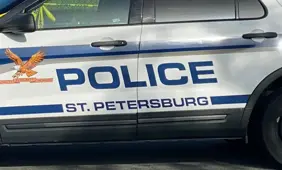

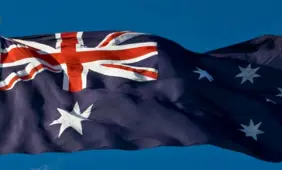
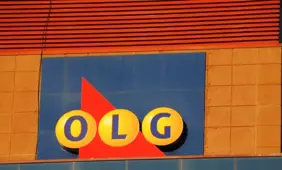
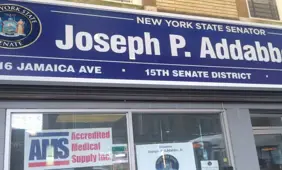
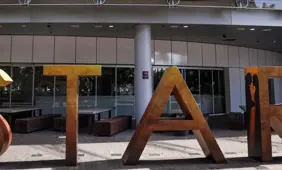
Review this New Post
Leave a Comment
User Comments
Comments for Musk Election Lottery Stunt Leads to Lawsuit